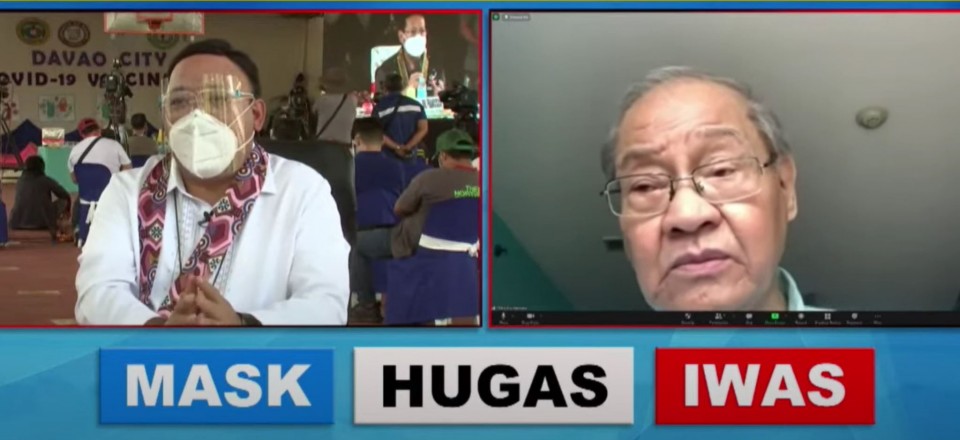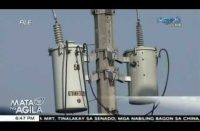No severe adverse effects reported so far among those given Chinese-made jabs, says PHL ambassador to China

(Eagle News) — China’s COVID-19 vaccines developed by Sinovac and state-owned Sinopharm had been given to more than 40 million people in China, including some Filipinos working in the health sector, and there were hardly any reports of severe adverse reaction to the vaccines or deaths after the vaccination.
This was according to Philippine Ambassador to China Chito Sta. Romana in a recent press briefing.
The ambassador told Palace spokesperson Harry Roque that the vaccinations in China against coronavirus had “basically gone smoothly.” Those that were prioritized were the high-risk sectors including those in the medical field or the health frontliners, as well as those involved in the transportation and hotel service industries, and those who would be going abroad.
Sta. Romana also reported that there were Filipino health personnel working in China who had also been vaccinated , and noted that they were all doing well.
-One PHL doctor in China, hesitant at first-
He said that there was even a Filipino doctor who was hesitant at first to receive the Chinese vaccine, but upon seeing his colleagues doing well, decided to get vaccinated.
However, diplomats and foreigners who are not working in China’s health sector are not prioritized for vaccination.
“So, hindi pa kasali, for example, ang mga foreigners or foreign diplomats and that’s why I haven’t had the vaccine yet. However, mayroon nang ilang Filipino na nagkaroon ng bakuna. I met one actually more than a month ago, a Filipino doctor working in a Chinese joint venture hospital, kasali siya doon sa priority,” Ambassador Sta. Romana said.
“Pinauna niya iyong kaniyang mga Chinese colleagues. In the beginning he was not willing but when he saw the results and the others show that walang side effects, walang adverse effects, he agreed. And so far, he said it’s been good so far and he knows the number of other Filipinos who are working in hospitals who have undergone the vaccine,” he said.
The Philippine ambassador also reported the good performance so far of the Sinovac and Sinopharm vaccines in China.
-Good performance of Sinovac, Sinopharm vaccines-
“As of last week, the Chinese authorities reported that there were over 40 million Chinese who have been administered the vaccine doses made by two Chinese vaccine manufacturers – Sinovac at saka Sinopharm,” he said.
“Hardly any report of deaths or any death if at all; adverse events, very few. It’s basically gone smoothly for the Chinese,” he said on Tuesday, Feb. 16.
In China, the first to be vaccinated were those in the health sector such as doctors, nurses, and those working in hospitals. This was followed by personnel working in the airports “because they deal with the incoming passengers.”
“In China’s case karamihan ng kaso nila ngayon ay iyong tinatawag na cases of Chinese and foreigners coming from abroad,” he said.
Also among those in the priority list are “taxi drivers, delivery boys, hotel personnel” and “Chinese personnel who are going abroad to study or to work.”
“So, that’s where it stands in China. So far so good, they’re hitting their target. Maaaring hindi exactly on the day they wanted, before February 12, but certainly within this week or so, they’re going to reach 50 million.”
-600,000 doses of Sinovac vaccines to arrive by Feb. 23 at the earliest-
Before that, Roque had said that some 600,000 doses of China’s Sinovac vaccines are scheduled to arrive in the country by Feb. 23, and would likely be the first vaccines against COVID-19 to be given to Filipinos.
The 117,000 vaccine doses from Pfizer that are part of the World Health Organization’s COVAX facility have hit some delays, according to Malacanang.
But officials are still confident that the vaccines would still arrive within the month.
(Eagle News Service)







